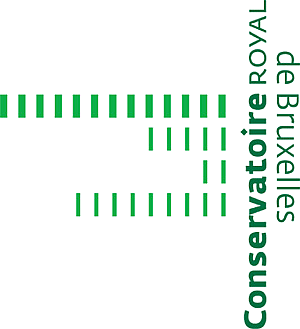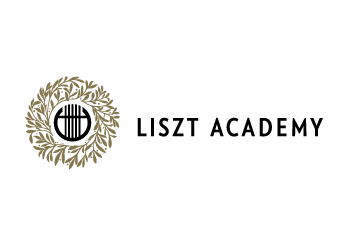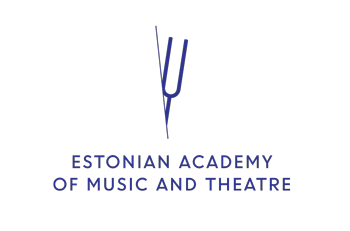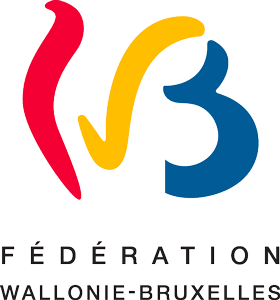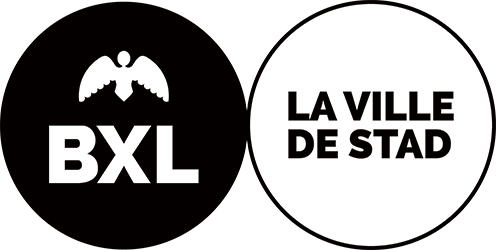Further information
-
assessment
Exam with grade E , Semester grade S , Comprehensive exam CE -
level
-
 Completed Semester1-6
Completed Semester1-6 -
How many semesters does the course last?
6 -
hours per week
180 in first year, then 90 -
 Target group of courseOther (choir- and orchestra conductors)
Target group of courseOther (choir- and orchestra conductors) -
 Type of CourseSeminar, Practice
Type of CourseSeminar, Practice -
Degree Level
Bachelor -
 e-learning-elementsinternet, projection, visual and auditive presentations
e-learning-elementsinternet, projection, visual and auditive presentations -
Course
Mandatory -
students #
2-3 students -
Hours per year
approx. 56 hours per year -
BIBLIOGRAPHY
Bach, J. S.: Négyszólamú korálfeldolgozások. Budapest: Editio Musica, 1983. Bárdos Lajos: Harminc írás 1929-1969. Budapest: Zeneműkiadó, 1969. Bárdos Lajos: Modális harmóniák. Budapest: Zeneműkiadó, 1979. Bartha Dénes: A zenetörténet antológiája. Budapest: Zeneműkiadó, 1974. Eimert, Herbert: Dodekafónia. Budapest: Zeneműkiadó, 1969. Gárdonyi Zoltán: J. S. Bach kánon- és fúgaszerkesztő művészete. Budapest: Zeneműkiadó, 1972. Gárdonyi Zoltán: Elemző formatan. Budapest: Editio Musica, 1990. Gárdonyi Zsolt – Nordhoff, Hubert: Összhang és tonalitás. A harmóniatörténet stílusjegyei. Budapest: Rózsavölgyi és Társa, 2012 Herzfeld Viktor: A fuga. Budapest: Rozsnyai, 1913. Jeppesen, Knud: Ellenpont. Budapest: Zeneműkiadó, 1974. Kárpáti János: Bartók kamarazenéje. Budapest: Zeneműkiadó, 1976. Kárpáti János: Bartók-analitika. Válogatott tanulmányok. Budapest: Rózsavölgyi és Társa, 2003. Kerékfy Márton (ford. és szerk.): Ligeti György válogatott írásai. Budapest: Rózsavölgyi és Társa, 2010. Legányné Hegyi Erzsébet: Stílusismeret II. Budapest: Zeneműkiadó, 1985. Legányné Hegyi Erzsébet: Stílusismeret III. Budapest: Zeneműkiadó, 1988. Lendvai Ernő: Bartók és Kodály harmóniavilága. Budapest: Zeneműkiadó, 1975. Ligeti György: Klasszikus összhangzattan. Budapest: Zeneműkiadó Vállalat, 1954. Ligeti György: A klasszikus harmóniarend. Budapest: Zeneműkiadó Vállalat, 1956. Rosen, Charles: A klasszikus stílus. Budapest: Zeneműkiadó, 1977. Sadie, Stanley (szerk.): Grove-monográfiák. A Bach-család. Budapest: Zeneműkiadó, 1989. Schönberg, Arnold: A zeneszerzés alapjai. Budapest: Zeneműkiadó, 1971. Somfai László: Joseph Haydn zongoraszonátái. Budapest: Zeneműkiadó, 1979. Somfai László: 18 Bartók tanulmány. Budapest: Zeneműkiadó, 1981. Szelényi István: A romantikus zene harmóniavilága. Budapest: Zeneműkiadó Vállalat, 1965. Weiner Leó: A hangszeres zene formái. Budapest: Zeneműkiadó Vállalat, 1955. Weiner Leó: Az összhangzattan előkészítő iskolája. Budapest: Editio Musica, 1970. White, Eric Walter: Stravinsky. A zeneszerző és művei. Budapest: Zeneműkiadó, 1976. Wolff, Christoph: Johann Sebastian Bach. A tudós zeneszerző. Budapest: Park Könyvkiadó, 2004. -
ONLINE CATALOGUE
WITH CONTENTS -
evaluation grid
-
evaluation grid
and document
Teacher(s)
Barnabás Horváth
current position
associate professor
Máté Balogh
current position
associate professor
László Tihanyi
current position
professor
Miklós Mohay
current position
professor, head of music theory department
Boglárka Terray
current position
lecturer
András Virágh
current position
assistant professor
Barna Szabó
current position
assistant professor
Judit Magay
current position
assistant professor
Balázs Horváth
current position
associate professor
Institution
Liszt Ferenc Zenemuveszeti Egyetem
Be a part of our european project !
This European project (KA 203 Strategic Partnership) created by Salvatore Gioveni promotes cross-border collaboration in the field of Music Theory through sharing knowledge and transferring pedagogical innovation. It thus responds to a lack of centralised source and framework to deepen reflection by means of cross-disciplinary study at European and international level.
There is a significant wealth of educational practices from one country to another in this sector, especially in terms of harmonic musical notation and analysis. However, HMEI's are facing the nonexistence of a European network for pedagogical staff in Music Theory so far. To improve the situation, the project will among other things develop several intellectual outputs such as Online Platform (IO 1), an EU Bibliography (IO 2), a Repository Courses (IO 3), a Multilingual Glossary (IO 4) and an Exchange Online Learning Platform.
Besides the Conservatoire royal de Bruxelles as leader and manager of the project, the following partner institutions are involved: Music Academy S. Moniuszki Gdańsk (Gdańsk, Poland), F. Liszt Academy of Music Budapest (Budapest, Hungary), Estonian Academy for Music and Theatre (Tallinn, Estonia), HfMTh "Felix Mendelssohn Bartholdy" (Leipzig, Germany).
 | 2025
| 2025
